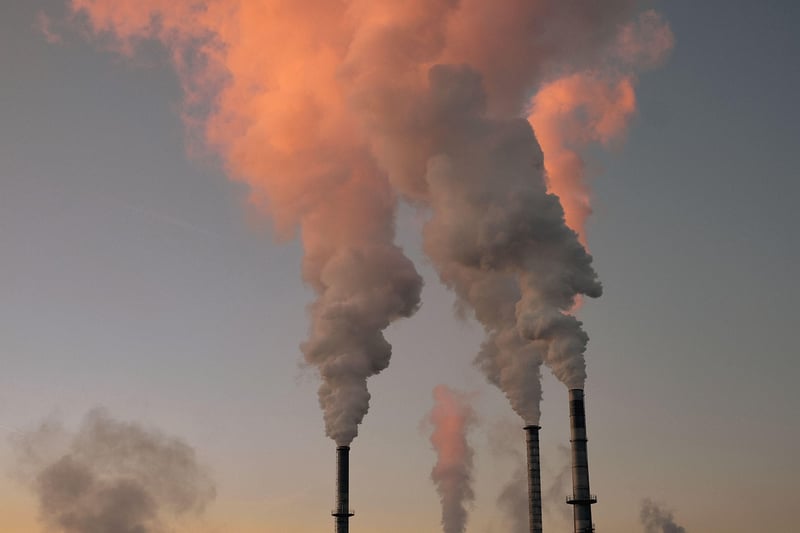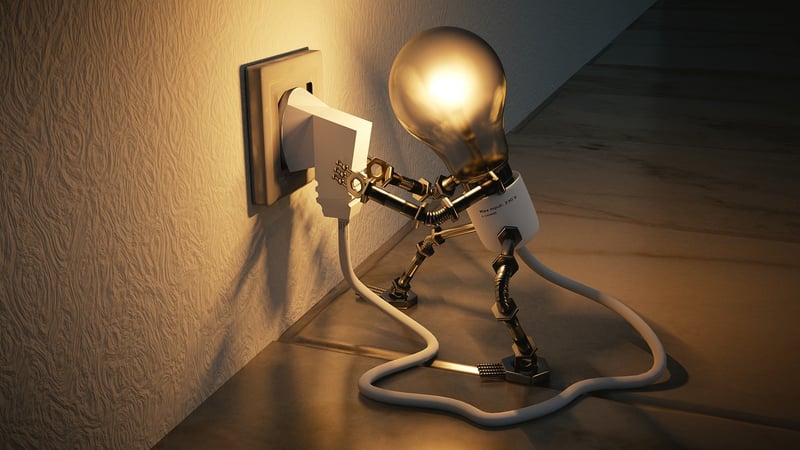Industrial Revolution
Exploring Different Time Periods: Industrial Revolution
Throughout history, various time periods have shaped the world we live in today. One of the most influential eras was the Industrial Revolution, a period of significant technological, economic, and social change that started in the late 18th century. Let's delve into different time periods and focus on the impact and innovations of the Industrial Revolution.
Ancient Times
Ancient civilizations like the Egyptians, Greeks, and Romans laid the foundation for modern society through advancements in architecture, mathematics, and governance. The construction of the pyramids, the development of democracy, and the establishment of legal systems are just a few examples of their enduring contributions.
Medieval Era
The medieval period, characterized by feudalism, knights, and castles, witnessed the rise of powerful empires like the Byzantine Empire and the Holy Roman Empire. The era also saw significant advancements in art, literature, and philosophy, with iconic figures such as Leonardo da Vinci and William Shakespeare leaving a lasting legacy.
Age of Exploration
During the Age of Exploration, brave explorers like Christopher Columbus, Vasco da Gama, and Ferdinand Magellan embarked on voyages that expanded the known world. Their discoveries not only connected distant lands but also paved the way for global trade and cultural exchange.
Industrial Revolution
The Industrial Revolution, which began in the 18th century in Britain and later spread worldwide, marked a turning point in history. It was characterized by the mechanization of production processes, the growth of factories, and the development of new technologies like the steam engine and the spinning jenny.
Key Innovations of the Industrial Revolution:
- Steam Engine: Invented by James Watt, the steam engine revolutionized transportation and manufacturing, powering trains, ships, and factories.
- Factory System: The shift from hand production to mechanized production in factories increased efficiency and output, laying the foundation for modern industrial practices.
- Urbanization: The growth of industries led to mass migration from rural areas to cities, resulting in the rapid expansion of urban centers.
- Textile Industry: Innovations in textile production, such as the spinning jenny and power loom, transformed the industry and increased textile output exponentially.
By understanding different time periods and their impact on society, we gain insight into the progression of human civilization and the factors that have shaped our world. The Industrial Revolution, in particular, serves as a pivotal moment that set the stage for modern industrialization and technological advancements.

Exploring these diverse time periods allows us to appreciate the ingenuity and resilience of past generations while inspiring us to continue innovating and progressing towards a brighter future.
